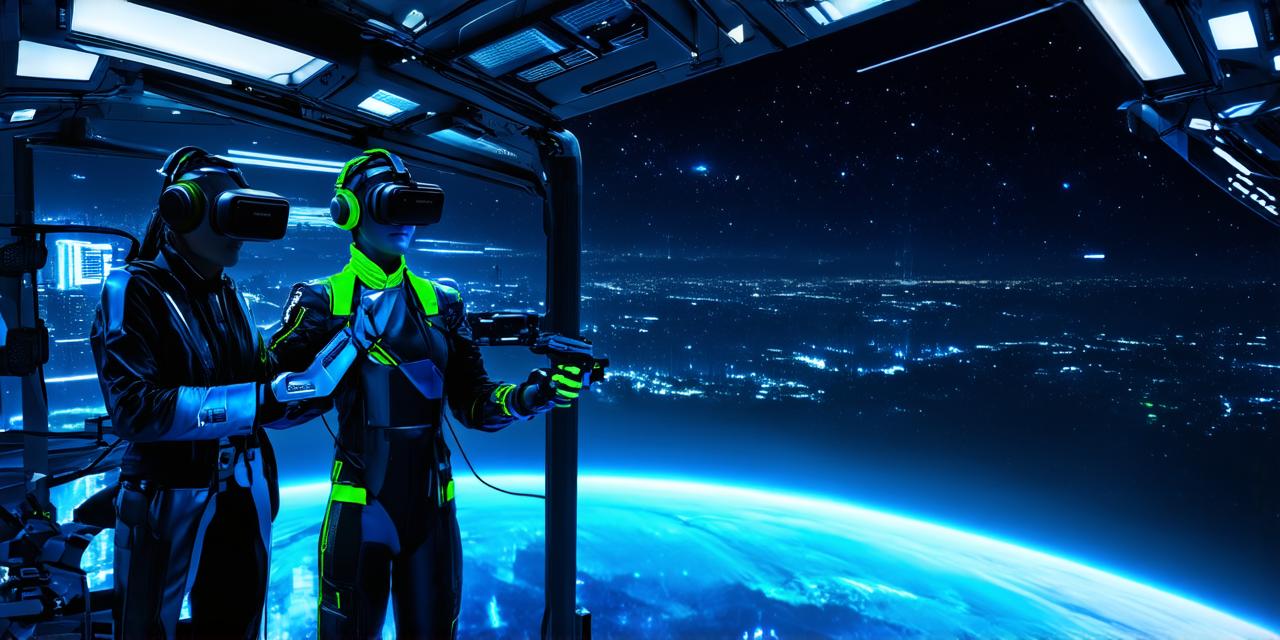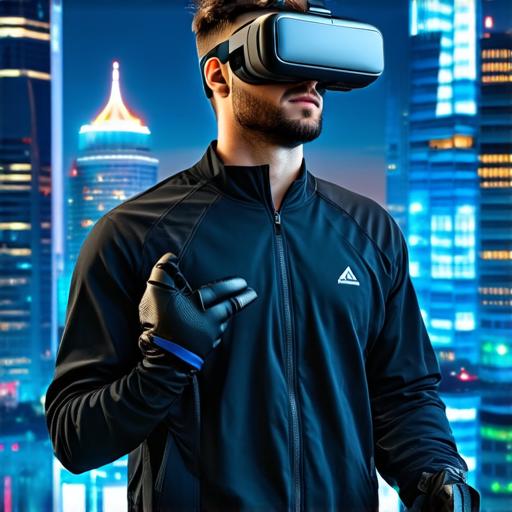
What does experiencing virtual reality feel like?
The Immersion Factor
One of the most striking things about VR is how it can transport you into another world. When you put on a VR headset, you are instantly surrounded by a 360-degree environment that feels incredibly real. This sense of immersion is what makes VR so compelling and addictive.
For example, when I first tried VR, I was immediately struck by the feeling of being in a completely different world. The surroundings were so realistic that it took me a few moments to realize that I was actually sitting in a small room with a headset on. Once I got used to the sensation, I found myself completely absorbed in the virtual world.
The Sensory Overload
Another thing that can happen when you experience VR is sensory overload. This happens when your brain is trying to process all the information coming in from the virtual environment at once. For example, if you’re playing a game that involves flying, your brain might be trying to process visual and auditory cues while also feeling the sensation of weightlessness.
This sensory overload can be overwhelming for some people, especially if they’re not used to it. However, many people find it exhilarating and addictive. For me, the sensory overload is what makes VR so immersive and engaging.
The Emotions
Finally, experiencing VR can evoke a wide range of emotions. Depending on the virtual environment and the activity you’re doing, you might feel excitement, fear, joy, or even sadness. For example, when I was playing a horror game in VR, I felt a mixture of fear and exhilaration as I navigated through the dark, eerie environment.
In addition to these emotions, experiencing VR can also lead to feelings of awe and wonder. When you’re surrounded by a beautiful virtual landscape or exploring a new world, it can be truly breathtaking. For me, this sense of awe is what makes VR so special.
Case Studies
There are many case studies and personal experiences that can help illustrate the feelings and emotions that come with experiencing VR. For example, a study conducted by researchers at the University of California, Irvine found that participants who experienced VR reported feeling more immersed and engaged than those who experienced traditional media such as TV or movies.
Another study conducted by researchers at Stanford University found that people who experienced VR reported feeling more empathetic towards others than those who didn’t experience VR. This is because VR can help people understand and relate to the experiences of others in a way that traditional media cannot.
Personal Experiences
As someone who has experienced VR multiple times, I can attest to the emotions and sensations that come with immersing yourself in a virtual world. When I put on my headset and step into a virtual environment, I feel like I’m truly there. The sense of immersion is what makes VR so compelling for me.

I also experience sensory overload when I’m playing games or exploring new worlds in VR. This can be overwhelming at times, but it’s also what makes the experience so engaging and exciting.
Finally, experiencing VR can evoke a wide range of emotions. Whether I’m feeling fear, excitement, joy, or sadness, I always leave the virtual world with a sense of wonder and awe. This is what makes VR such a special technology.


